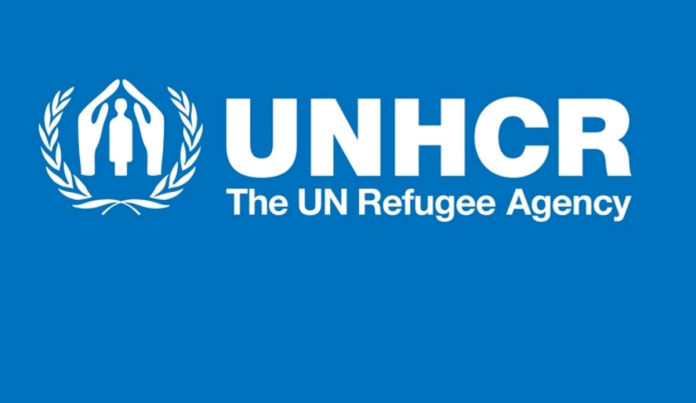The United Nations High Commissioner for Refugees on Saturday disclosed that 4.4 million people worldwide are stateless.
It noted that the true figure would be significantly higher due to their relative invisibility.
The figures came as the UNHCR marked the ninth anniversary of its “IBelong” campaign on the issue.
UNHCR, the UN refugee agency, said statelessness had a “devastating impact” on those left without a nationality, as it called for more to be done to combat such exclusion.
Not recognised as citizens of any country, stateless people are often deprived of human rights and access to basic services, often leaving them politically and economically marginalised and vulnerable to discrimination, exploitation and abuse, the UNHCR said.
“At least 4.4 million people in 95 countries are reported to be stateless or of undetermined nationality,” the agency said in a statement.
“The global figure is widely recognised to be significantly higher given the relative invisibility of stateless people in national statistical exercises.
“A disproportionate number of the world’s stateless people are members of minority groups, for which statelessness tends to perpetuate and worsen the discrimination and marginalisation they already face,” the UNHCR said.
READ ALSO:
It added, “Though statelessness has many causes, in many instances it can be resolved through simple legislative and policy changes. I call upon states worldwide to take immediate action and ensure no one is left behind,” said UN refugees chief, Filippo Grandi.
It said that in 2023, Kenya, Kyrgyzstan, Moldova, North Macedonia, Portugal and Tanzania had taken important steps forward on statelessness, while the Republic of Congo had become the latest country to accede to the Statelessness Conventions.
In total, 97 countries are now party to the 1954 Convention relating to the Status of Stateless Persons, and 79 are party to the 1961 Convention on the Reduction of Statelessness.
“The progress made in combatting statelessness is positive and we commend states for taking action. But it is not enough,” said Grandi, the UN high commissioner for refugees.
“With rising global forced displacement, millions are being left on the margins, deprived of their basic human rights, including participating in and contributing to society. This exclusion is unjust and must be addressed.”
























